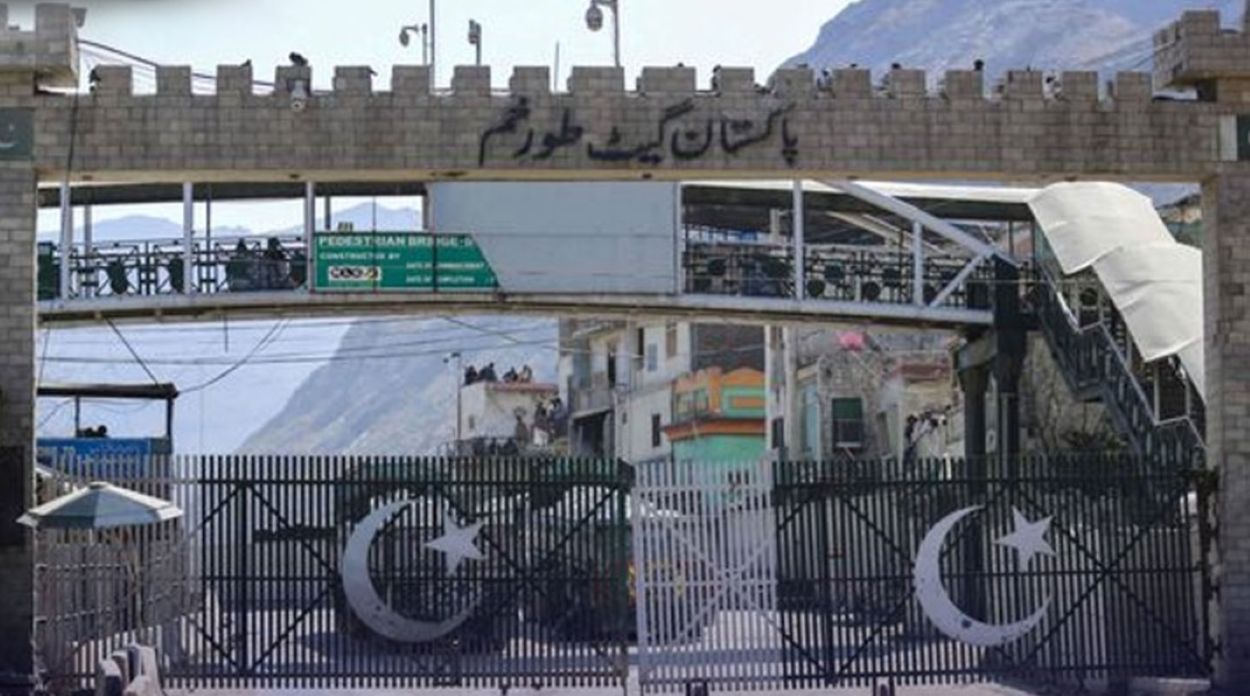Cross-border trade between Pakistan and Afghanistan remains suspended on its second day following the deadly weekend clashes. The two main crossings, Torkham and Chaman, along with minor ones like Kharlachi, Angoor Adda, and Ghulam Khan, are closed to all traffic. This leaves hundreds of trucks loaded with goods worth millions stranded, according to Pakistani and Afghan officials.
The halt, triggered by Saturday night’s fighting, where Pakistan claimed to kill 200+ Taliban and TTP militants while Afghanistan reported 58 Pakistani soldier deaths, disrupts $2 billion in annual bilateral trade. Afghanistan relies on Pakistan for imports, exacerbating food and fuel shortages in the landlocked nation.
Traders report rotting perishable goods like fruits and vegetables. Abdul Waris, a Chaman clearing agent, told Arab News, “Lahore and Peshawar businessmen paid Afghan farmers, but now their produce rots.” Daily losses exceed $500,000 for Afghan traders and strain Pakistani exporters. The Pak-Afghan Joint Chamber of Commerce estimates $72 million in revenue lost from similar past closures.
No new gunfire was reported Sunday, with both sides on high alert. US President Donald Trump offered mediation, saying, “I’m good at making peace.” Saudi Arabia, Qatar, Iran, and Russia urged restraint and dialogue. Saudi Arabia’s foreign ministry stressed “reducing tensions for regional peace,” while Qatar prioritised diplomacy.
Read: Pakistan Kills 200+ Taliban Militants in Retaliatory Border Strikes in 2025
Pakistan’s Foreign Office condemned Afghan “aggression,” citing UN reports on TTP safe havens, and vowed self-defence. Afghanistan denies harbouring militants, blaming Pakistan for sovereignty violations.
The suspension, the most serious since 2021, risks economic fallout and escalation. With Pakistan accusing Kabul of TTP sheltering and Afghanistan rejecting claims, the trade halt deepens humanitarian strains.






